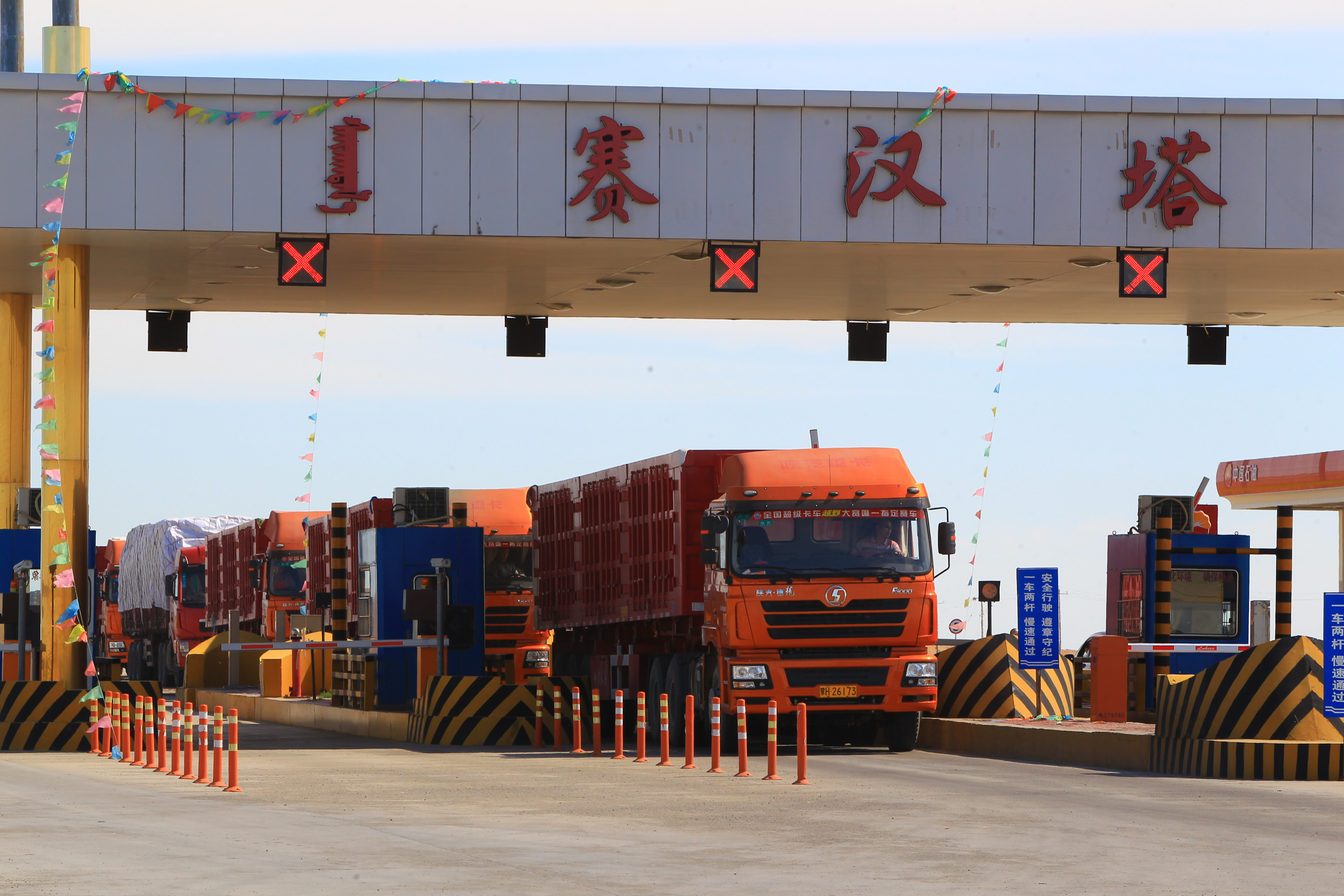China recently introduced a ban on overloading transport vehicles, aiming to improve safety and road management. Some lubricant suppliers say it will increase demand for their products, while others are less optimistic.
The ban, made effective by Chinas Ministry of Transport in September, sets the maximum allowable weight of a fully loaded two-axle truck at 18 tons, and 31 tons for a four-axel truck. Drivers will get a warning if they are caught exceeding the limits by less than one ton, and will be fined 500 (U.S. $73) for each additional ton, up to 30,000. Previously, local governments had their own penalties, which were often less explicit on limits.
Some lube companies anticipate the ban resulting in more sales.
With the ban, it probably takes more rounds than before for a truck to transport the same amount of goods, and it obviously generates demand for more lubes, Bi Bokuan, vice general manager of Sarlboro, a Tianjin-based lube supplier, told Lube Report Asia. Anticipating greater future demand, the company is planning a new facility in Tianjin with capacity to make 250,000 tons per year of lubes, according to Sarlboro general manager Li Yanguo.
However, many other companies expect less of an impact. The ban is good in general in terms of road maintenance and safety improvement, but the benefits to our industry are very limited, said Wang Xuguang, vice general manager of Handi Lubricant, a lube arm of the base stock refiner Hainan Handi Sunshine Petrochemical Co. The reason, he said, is that the quality of lubes and engines has been improved in recent years, so the same amount of oil can endure longer distances, offsetting extra trips that may result from the new ban.
Li Jia, CEO of the Beijing-based blender Tonyi Petroleum Chemical, agreed. I think the benefits are basically negligible, he said.
Photo: Flickr / Asian Development Bank
